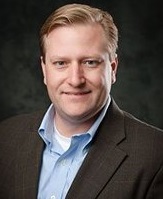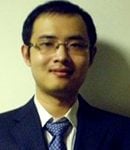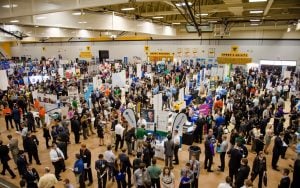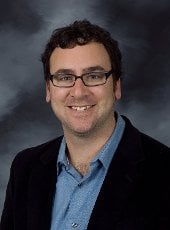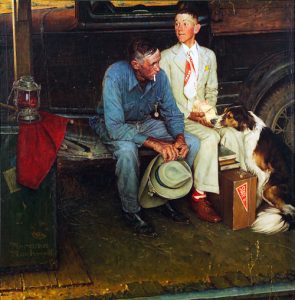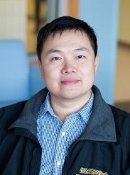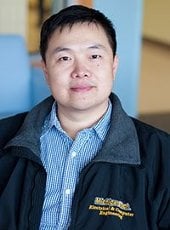
Shiyan Hu (ECE) is delivering a keynote talk at the Ninth IEEE International Conference on Cyber, Physical and Social Computing (CPSCom 2016). CPSCom, sponsored by IEEE Computer Society, is a major CPS technical conference in IEEE and is a premier forum to bring together researchers to present the state-of-the-art research results and exchange ideas in the area of CPS. In the ninth year of the successful CPSCom conference series, the organizing committee invited three world-leading CPS experts to deliver the keynote speeches. The conference takes place December 15-18, 2016, in Chengdu, China.

